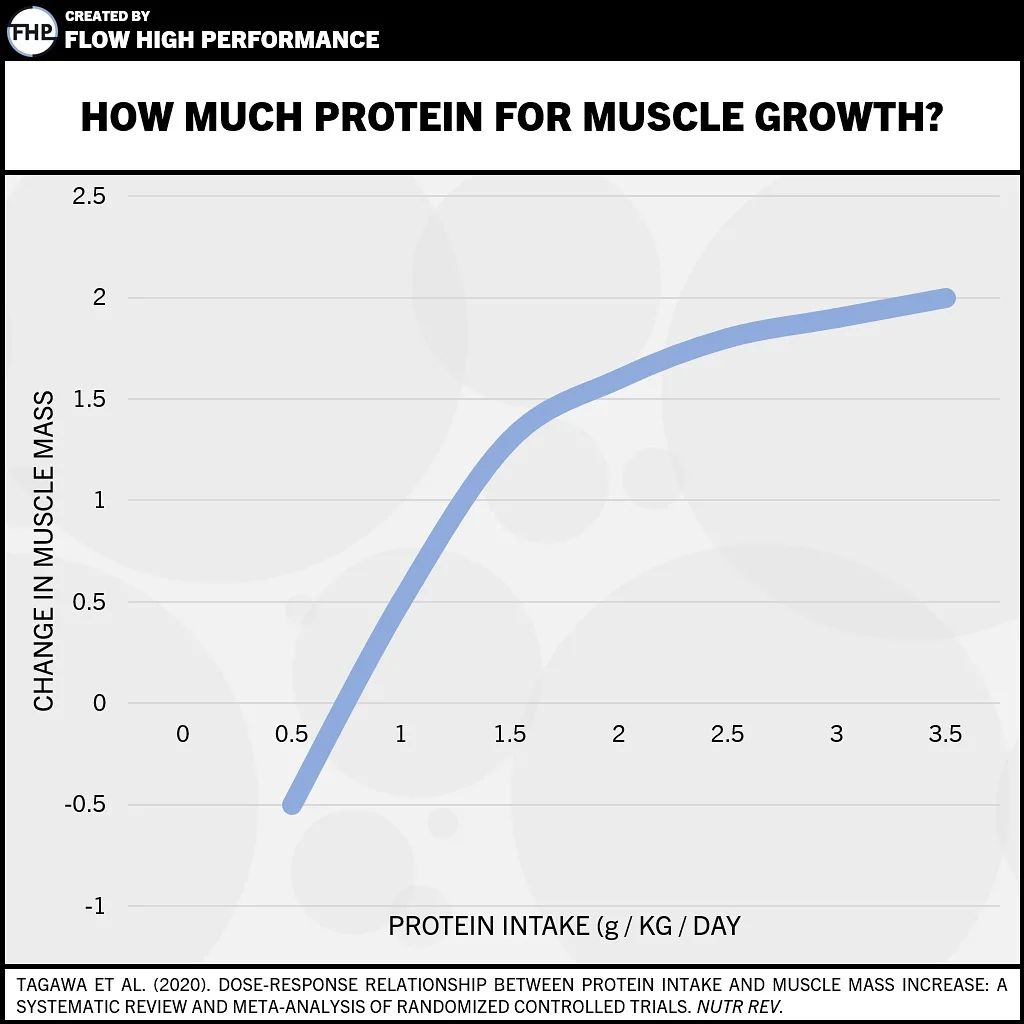Had a talk today with a guy who was sort of offended for some reason about me not eating animal products and lifting weight. He said I’d never get enough protein (never heard that one before!!!). Because lentils aren’t a thing in a world of steaks.
Anyway he said that you need at least 200 grams of protein each day when you lift but that’s of course nonsense. Not saying you shouldn’t do it, but you don’t need to either.
I’m averaging around 110-140 grams a day and I’m doing fine at ±80kg body weight.
It also depends on frequency of working out and the speed you want to build. Lift a couple days a week? You body has more time to get the protein you need from food without having to eat drastically increased amounts. Lift several days a week? Gonna need that protein. I’m a larger individual and I try to get around 100-120 grams a day when I’m pushing myself. Usually I will have a higher intake the day of and the next day or two after a hard lift session. Otherwise it’s around 80-100 tops.
The science is clear and I have finally found it: between 1.6-2g of protein per kilogram (not pounds!) of body weight every day for optimal muscle growth. After 1.6, you start to get diminishing returns but it’s still useful up to 2 grams. After that the excess is pretty much flat.
This amount also depends on how much you train. If you go to the gym 3x a week 1.6g is enough.

I simply can’t eat 200g of protein on a calorie deficit (100kg body weight) so during my cuts I just get at least 100g and don’t worry about anything above that. 1g per kilo is pretty much the least amount you can get away with to still build muscle.
I’m around 85kg, I exercise and my diet is mostly vegan. I don’t measure my protein intake and I’m doing fine. (Have to take a vitamin B12 supplement, but that’s about it)
You might want to look into zinc and Vitamin D just in case.
Whenever I tell people I take supplements like B12 and Calcium, they are ready to scream: ‘SEE THIS LIFESTYLE ISN’T HEALTHY!!’ as if I don’t work out four times a week and am in good shape.
People will take every opportunity to shit on vegans lol.
somewhat off-topic, but what do you eat as a veg[etari]an for that much protein?
aside from protein powder, which is very expensive 😔Tvarog. Lots of tvarog.
cottage cheese is very good, although quite expensive
You cannot estimate protein this way, this is an incorrect method. The bioavailability of protein in each type of food determines how much protein is actually digested by your body.
Refer to DIAAS (if not available, relative PDCAAS) of foods, and their amino acid breakdown to determine your protein intake using https://en.wikipedia.org/wiki/Protein_quality and calculate how much protein you need depending on physical work you do. 1-1.5 gram per pound of body weight is the recommendation for athletes and gym people.
Lentils and plant foods actually are inferior and in general you need to eat double the plant foods compared to eggs, meat and milk, in order to get equivalent amount of bioavailable protein for your body. There is only pea and potato protein that is high DIAAS value, soya is also high but is detrimental to testosterone levels of males (limited research).
Is soya detrimental to test? Or is that the scare story because it contains phyto(?) oestrogen? (The kind that looks like oestrogen but isn’t the same thing.)
No, soy is not detrimental in healthy moderation. The amount of soy you would need to eat to effect your test would have to number in the tens of thousands of calories.
It’s a byproduct of the scare campaigns related to phytoestrogen in soy which has absolutely no effect on the human body whatsoever.






